-
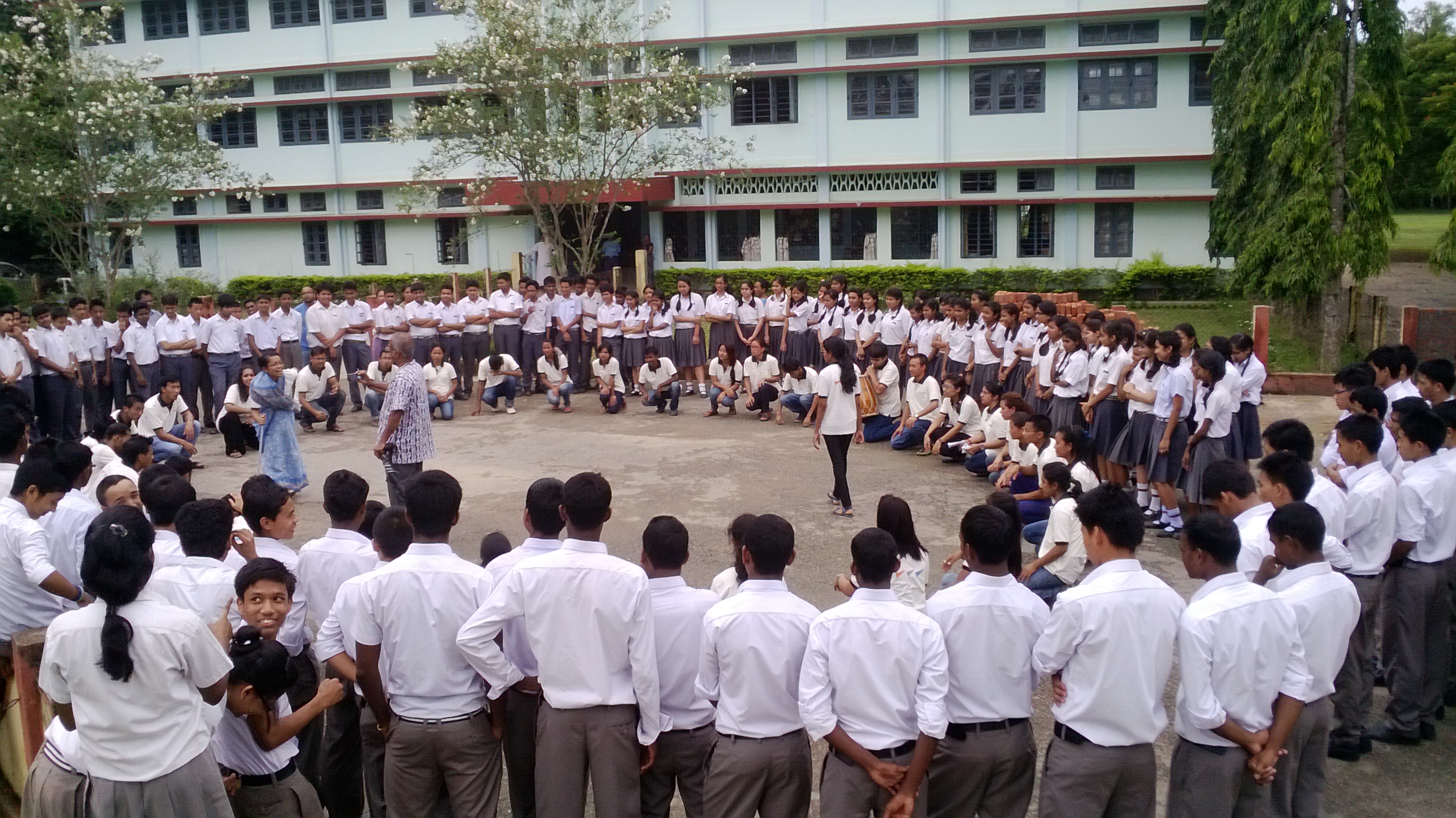
Theatre Workshops at Bosco Institute, Assam
October 17, 2017“My time in Jorhat changed me as a facilitator. It was the first time I stepped out of my comfort zone. I was scared because I was working with students of my age who faced a completely different set of issues. But the workshops helped me grow into a more confident and passionate social worker.”
–Rijul Kataria was a student volunteer and guest facilitator with the Foundation. He currently works as the Research Coordinator with us. To know more about him, click here. <INSERT LINK)
The Foundation was invited by Bosco Institute, Jorhat, Assam to conduct an Expressive Arts workshop as part of the introductory module for M.A (Social Work) students in the Institute in 2013. Two facilitators from the Foundation made the long trip across the country to make this expedition possible.
Bosco Institute’s Masters Program has a phenomenal reputation among the citizens of Assam. Youth from across the North-Eastern States apply, and selections take place only after a rigorous round of interview. This year’s batch was no different. 36 students from different ethnicities, regions and religions had met each other for the first time. Our task was to orient them as critical thinkers and activists who can ‘inspire, innovate and involve’ (Bosco Institute’s Motto).
Only a handful of participants had previously been exposed to any kind of theatre or art. But through the week, each of them had found their own special skill and space in the group. Discussions were of a different nature than in Delhi. Many students came from areas where terrorist insurgencies are an everyday affair and many from communities that have been displaced because of development projects.
These stories came up slowly as more students gained confidence each passing day to express themselves. Our exercises ranged from physical and body work to emotional expression and voice modulation. Each day we would ask our participants to share their stories in the form of a small skit that followed these exercises. Our most challenging task was to translate these experiences for a local audience that understood Assamese and a bit of Hindi. Most of our participants however, new neither.
In an enriching experience, we developed a play called ‘Duniya Gol Banaya’, which represented the ‘ghosts’ of industrialisation, drug and alcohol abuse and corruption that haunt the region. The play was first performed in the Don Bosco school situated beside the institute and then on the streets of Lichubari, the town area. Mythical forces of the local areas combined with real problems, established an instant connect with the audience in the marketplace and the school. Students who’d never been involved with any form of Expressive Arts had come together and performed a play. We also used regional songs and narrative styles to put this piece together.
The facilitators came back with a bagful of memories they cherish even today.
“After watching this play, I realised the power I have to change things. I could have been born anywhere. But as I speak today, I promise to work towards reducing inequality between human beings”
– A student’s response to our performance in Don Bosco School.
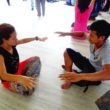
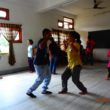

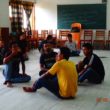
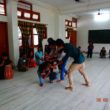
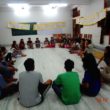
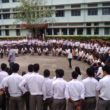
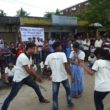

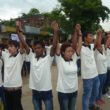
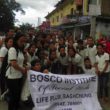
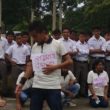
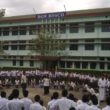




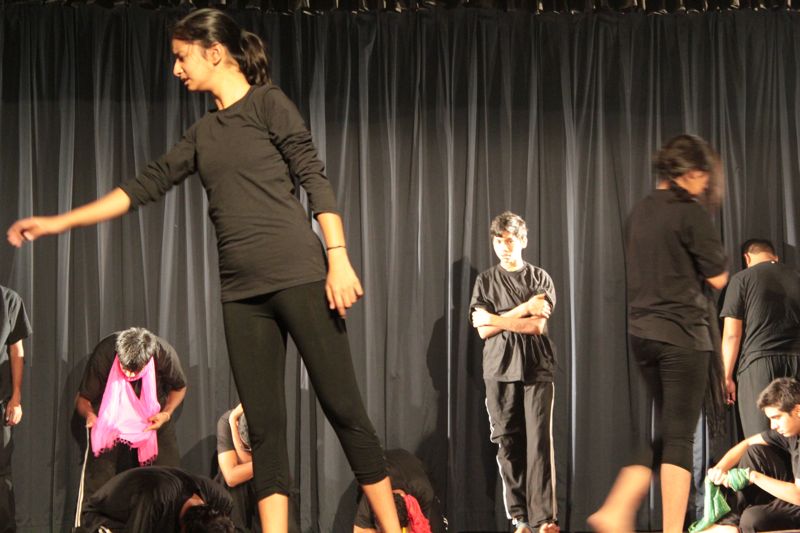
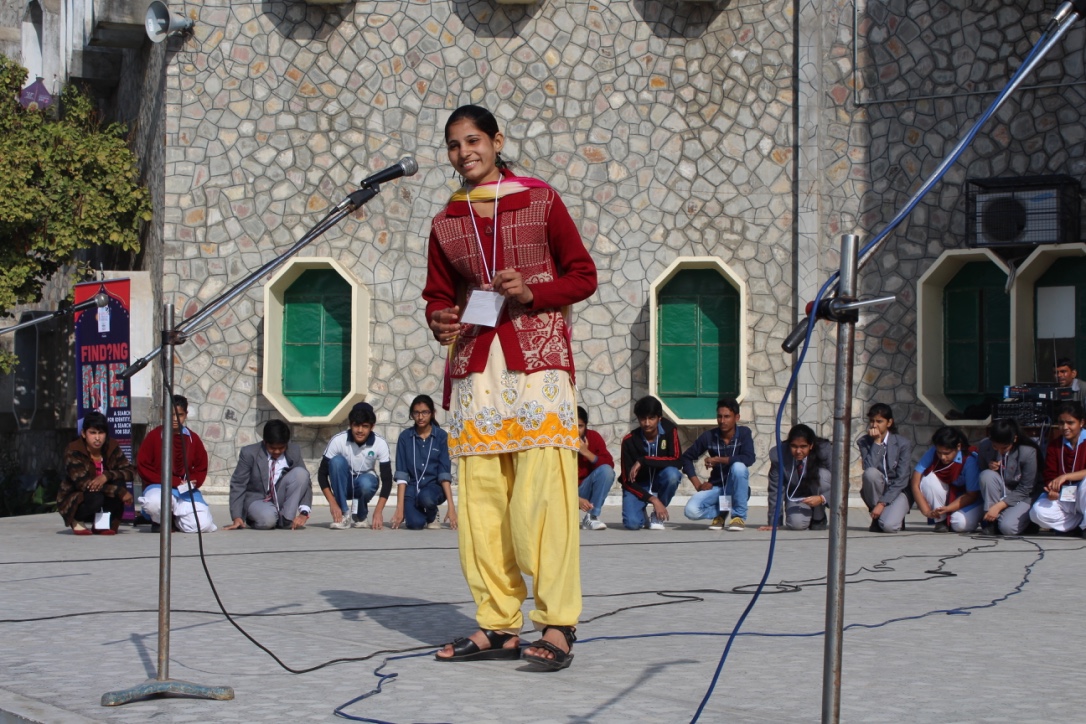
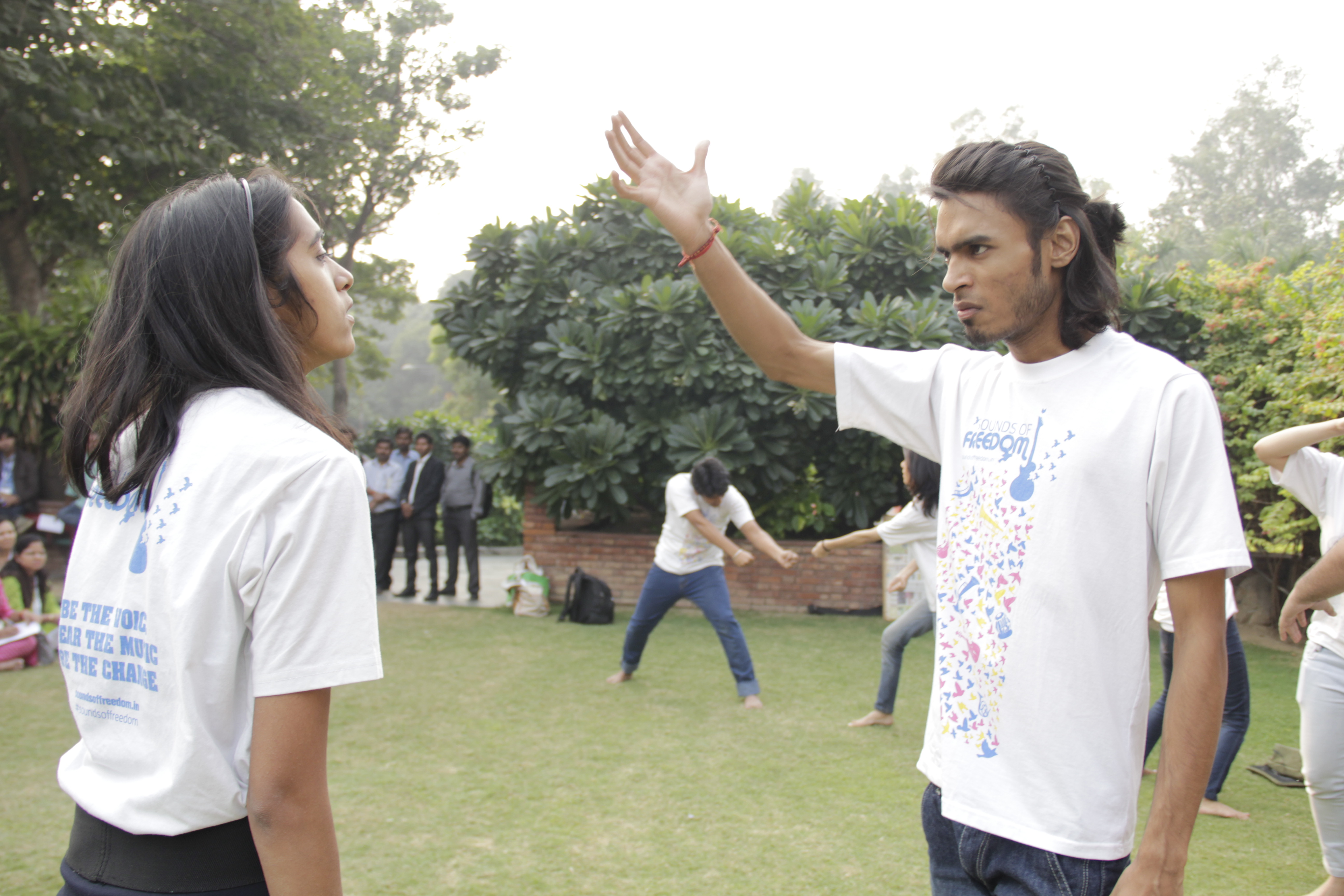
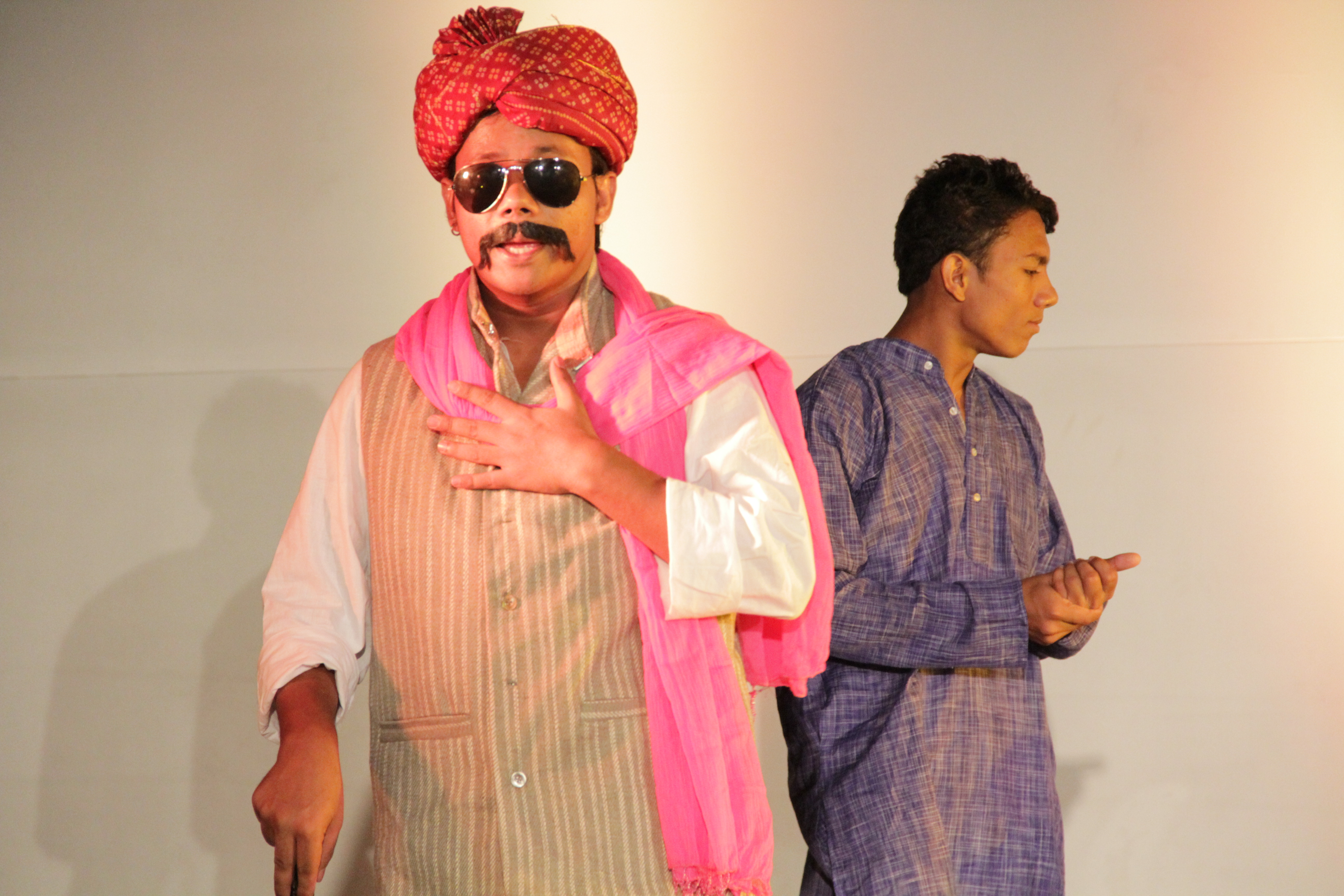
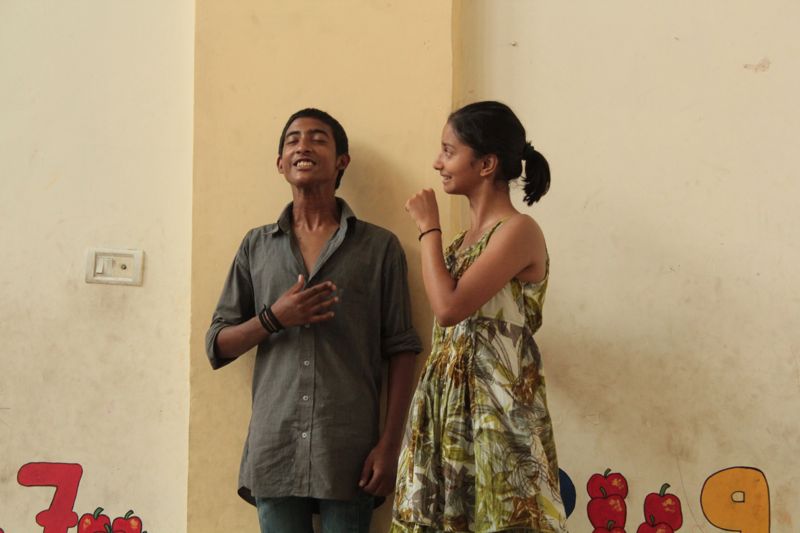
this is testing
sdfasdfsadfsa
adsfasdf